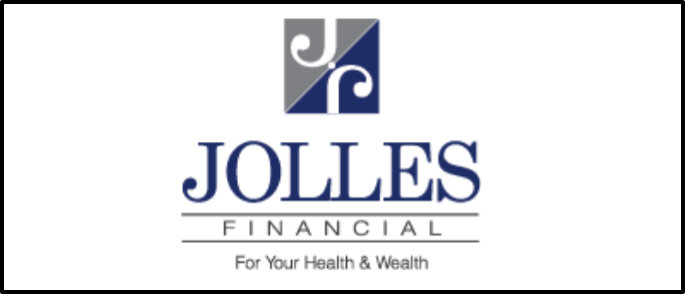A traditional IRA allows you to defer taxes now and pay them when you withdraw the money in retirement. Remember, taxes will be owed as you make withdrawals in retirement. One thing to consider is whether you will be in a lower or higher tax bracket at the time of distribution. You may want to consider a Roth conversion strategy as part of your planning, but that is another conversation.
In many cases, an IRA becomes the primary account for retirement assets as you move through your career. One of the key considerations, when you change jobs, is where and how to move your retirement funds. Changing jobs can be stressful and requires a series of tough decisions. So, where might an IRA come in?
Many people choose to roll over these funds into an Individual Retirement Account (IRA). About 34% of all retirement assets in the U.S. are held in IRAs, and 59% of traditional IRA owners funded all or part of their IRAs with a rollover from an employer-sponsored retirement plan.1,2
It can be tempting to cash out because a small amount of money, say $5,000, does not seem life-changing. You may think “Why not pay the taxes and a 10% penalty (if you are under the age of 59 ½) and use it for something else?” If you are like the average person, who might have more than 10 jobs in their lifetime, you may find yourself way under-funded as you near retirement. One of the secrets of retirement success is compounding, and even small amounts add up.
When you transfer money out of a 401(k), or other type of retirement plan, or from one IRA to another, you can do so without paying taxes by rolling the funds into an IRA account. There is a universe of IRA options to invest your assets.
An IRA account is an excellent way to consolidate other retirement plans throughout your working years. Consolidation makes it easier to manage and track assets. Also, your company’s plan manager might not be giving you the level of service you need in order to make informed decisions. You might consider using a qualified advisor to help you create a personalized portfolio and provide ongoing management.
Keep in mind that the Internal Revenue Service has published guidelines on IRA rollovers. For example, you generally cannot make more than one rollover from the same IRA within a one-year period. You also cannot make a rollover during this one-year period from the IRA to which the distribution was rolled over.4
Also, the Financial Industry Regulatory Authority (FINRA) has published some material that may help you better understand your rollover choices. FINRA reminds investors that before deciding whether to retain assets in a 401(k) or roll over to an IRA, an investor should consider various factors including, but not limited to, investment options, fees and expenses, services, withdrawal penalties, protection from creditors and legal judgments, required minimum distributions and possession of employer stock.5
An IRA rollover may make sense whether you’re leaving one job for another or retiring altogether. But how your assets should be allocated within the IRA will depend on your time horizon, risk tolerance, and financial goals.

Brian Jolles, CLU, ChFC, CASL, is a Financial Advisor with over 30 years of experience. His firm, Jolles Financial, is located in Ellicott City, Maryland. He can be reached at 410-715-1611 xt 1 or by email at: Brian@JollesFinancial.com. Visit www.JollesFinancial.com for more information.
1, Investment Company Institute, 2021
2. Distributions from traditional IRAs and most other employer-sponsored retirement plans are taxed as ordinary income and, if taken before age 59½, may be subject to a 10% federal income tax penalty. Generally, once you reach age 73, you must begin taking required minimum distributions. If the account owner switches jobs or gets laid off, any outstanding 401(k) loan balance becomes due by the time the person files his or her federal tax return. Prior to the 2017 Tax Cuts and Jobs Act, employees typically had to repay loans within 60 days of departure or face potential tax consequences.
3. The information in this material is not intended as tax advice. It may not be used for the purpose of avoiding any federal tax penalties. Please consult a tax professional for specific information regarding your individual situation.
4. IRS.gov, 2021
5. FINRA.org, 2021
Securities offered through Regulus Financial Group, LLC. Member FINRA/SIPC. Investment advisory services offered through Regal Investment Advisors, LLC, a SEC Registered Investment Advisor. Registration with the SEC does not imply any level of skill or training. Regulus Financial Group, LLC and Regal Investment Advisors are affiliated entities. Jolles Financial is independent of Regulus, LLC and Regal Investment Advisors. Do not transmit order or instructions regarding your account by email. For your protection, your Financial Representative cannot accept or act on such instructions. Similarly, Jolles Financial does not accept trading instructions via voicemail, text messages, instant messaging, or facsimile. Please speak directly with your Financial Re

